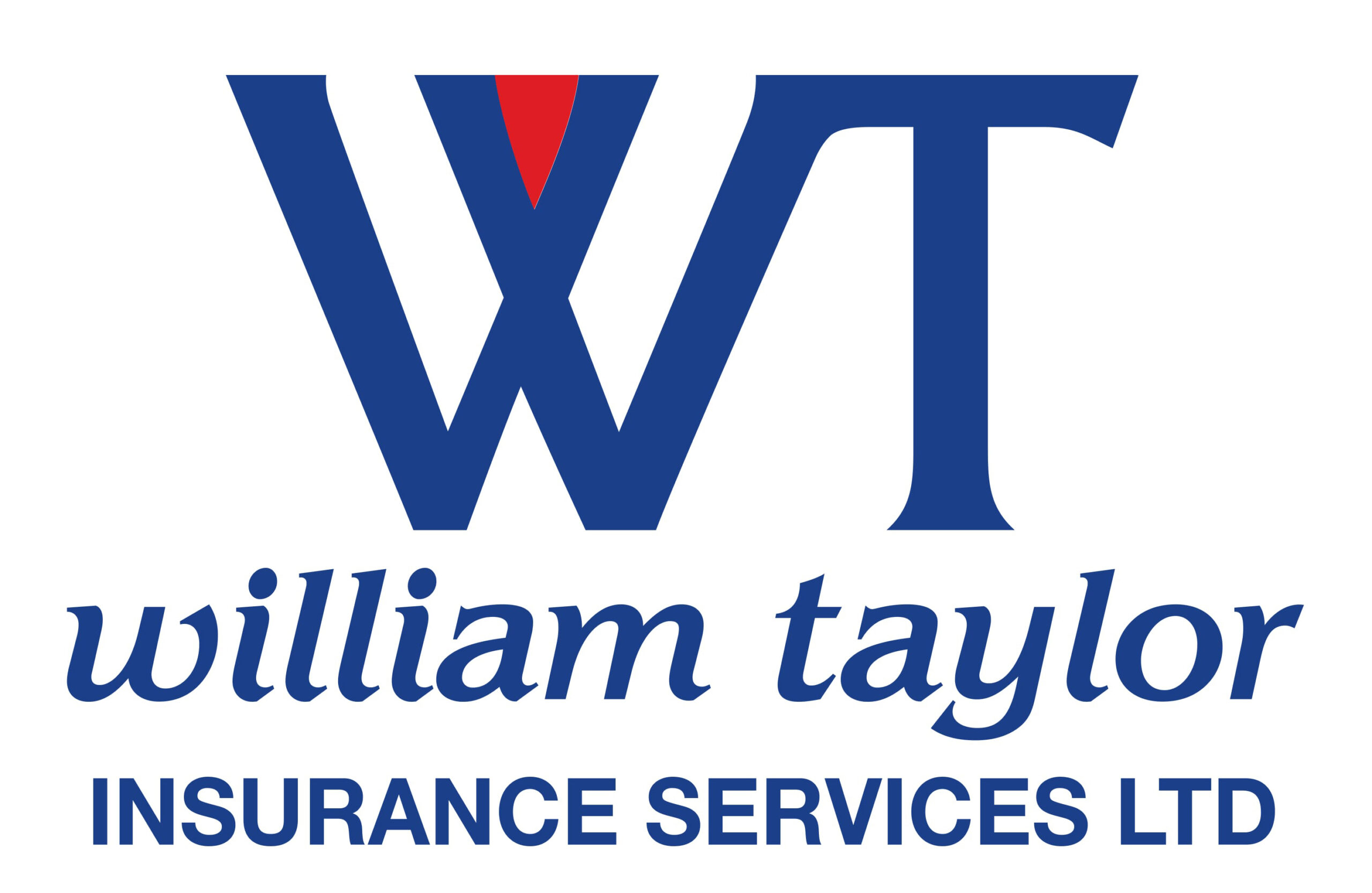The Essential Guide to Small Business Insurance Requirements in the UK
As a small business owner in the UK, protecting your venture is paramount. Understanding the insurance requirements for your business can be the difference between thriving and barely surviving. This comprehensive guide will walk you through the essential insurance policies you need to safeguard your small business.
Introduction
Starting and running a small business is an exciting journey, but it comes with its fair share of risks. From potential lawsuits to property damage, unforeseen events can significantly impact your operations and finances. That’s where business insurance steps in, providing a crucial safety net to protect your hard work and investment.
The Only Mandatory Insurance: Employers’ Liability
In the UK, there’s only one type of business insurance that is legally required for most companies: employers’ liability insurance. This policy is mandatory if your business employs one or more people, even on a casual or part-time basis.Employers’ liability insurance protects your business if an employee becomes ill or injured due to their work. It covers legal and compensation costs associated with defending such claims.Key points about employers’ liability insurance:
- Minimum coverage required by law: £5 million
- Typical coverage offered by insurers: £10 million or more
- Penalty for non-compliance: £2,500 per day without coverage
Essential Insurance Policies for Small Businesses
While not legally mandated, several insurance policies are highly recommended for small businesses in the UK:
1. Public Liability Insurance
This type of insurance is essential for businesses that interact with the public. It protects your business if a member of the public is injured or their property is damaged due to your business activities.
2. Professional Indemnity Insurance
For businesses providing professional advice or services, professional indemnity insurance is crucial. It covers you against claims of financial loss resulting from your professional services or advice.
3. Product Liability Insurance
If your business manufactures, sells, or repairs products, product liability insurance can protect you against claims of injury or damage caused by your products.
4. Business Property Insurance
This policy covers your business premises and contents against risks such as fire, theft, and natural disasters.
5. Business Interruption Insurance
This coverage helps replace lost income and covers additional expenses if your business is forced to close temporarily due to an insured event.
6. Cyber Insurance
With the increasing risk of cyber attacks, cyber insurance is becoming more important for businesses of all sizes. It can cover costs associated with data breaches, cyber extortion, and system damage.
Frequently Asked Questions
Q: Do I need business insurance if I’m a sole trader?
A: While not legally required, it’s highly recommended. Public liability insurance, for instance, can protect you from claims if you cause injury or property damage to a third party.
Q: How much does small business insurance cost?
A: The cost varies depending on factors such as your business type, size, and the level of coverage you choose. However, many insurers offer tailored packages starting from as little as £8.40 per month.
Q: Can I change my insurance coverage as my business grows?
A: Absolutely. It’s important to review your insurance needs regularly and adjust your coverage as your business evolves.
Choosing the Right Insurance for Your Business
Selecting the appropriate insurance coverage for your small business involves several steps:
- Identify your risks: Assess the specific risks your business faces. Consider factors like your industry, location, and business activities.
- Research industry requirements: Some industries or professional bodies may require specific types of insurance.
- Consult with experts: Speak with insurance brokers or advisors who specialise in small business insurance.
- Compare quotes: Get quotes from multiple insurers to ensure you’re getting the best value for your coverage.
- Read the fine print: Carefully review policy documents to understand what is and isn’t covered.
The Benefits of Comprehensive Business Insurance
While the cost of insurance may seem like an unnecessary expense, especially for new businesses, the benefits far outweigh the costs:
- Legal compliance: Ensures your business meets legal requirements and avoids hefty fines.
- Financial protection: Safeguards your business against potentially crippling legal and compensation costs.
- Business continuity: Helps your business recover and continue operations after unexpected events.
- Credibility: Having appropriate insurance can enhance your business’s reputation with clients and partners.
- Peace of mind: Allows you to focus on running and growing your business, knowing you’re protected against major risks.
Conclusion
Understanding and obtaining the right commercial insurance coverage is a crucial aspect of running a successful small business in the UK. While only employers’ liability insurance is legally mandated for most businesses, other types of coverage can provide essential protection against various risks.By carefully assessing your business needs and working with reputable insurance providers, you can create a comprehensive insurance package that safeguards your business, employees, and customers. Remember, the right insurance isn’t just about meeting legal requirements—it’s about protecting the business you’ve worked hard to build.

